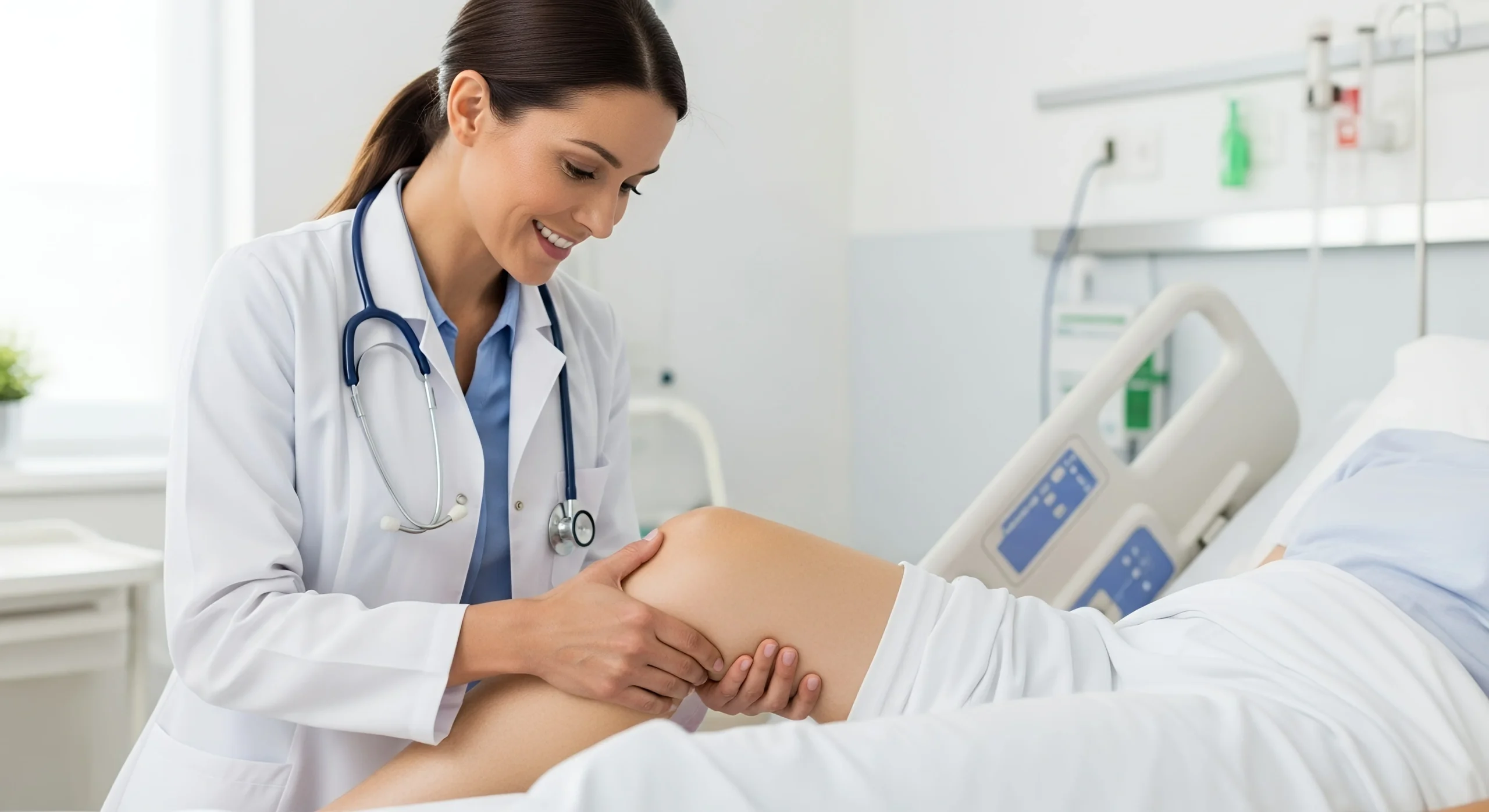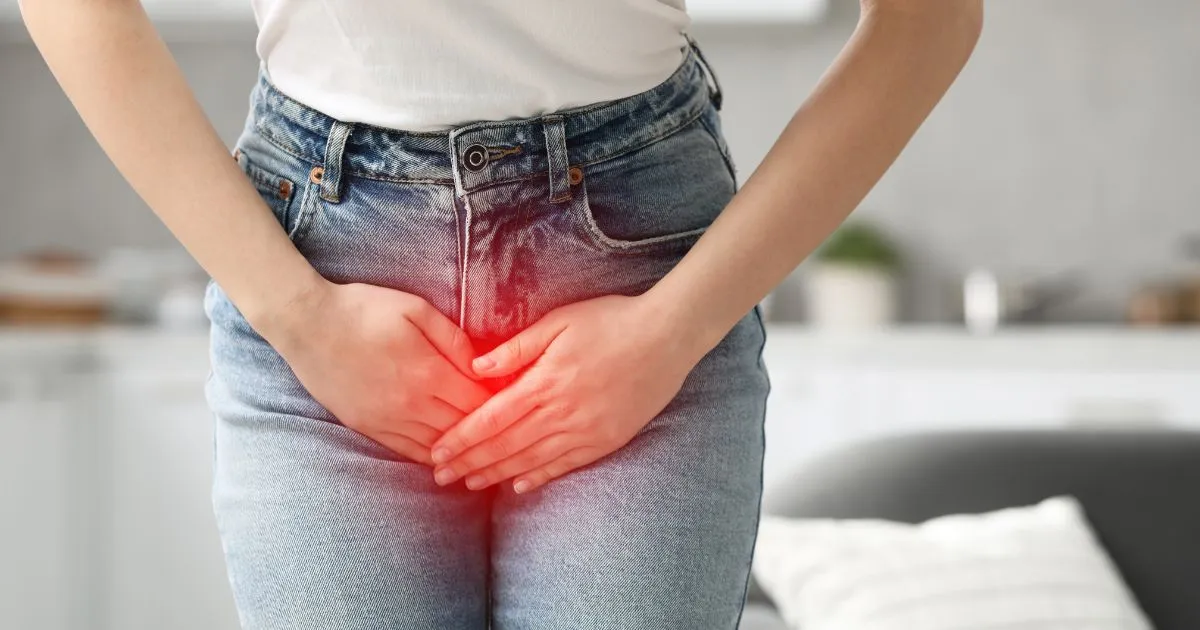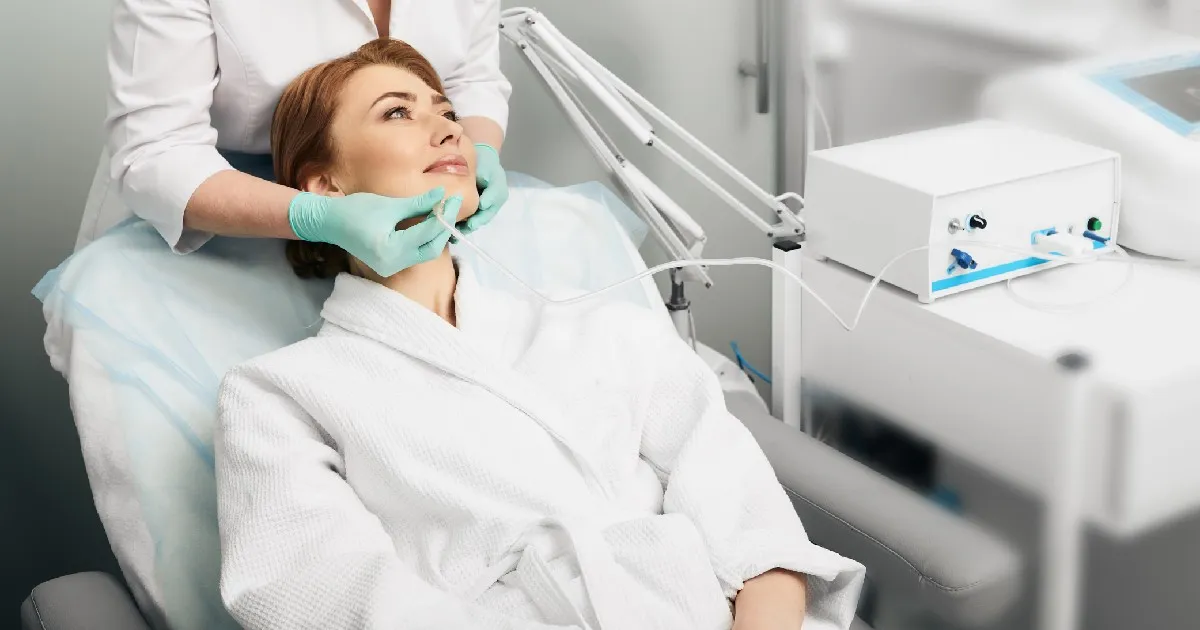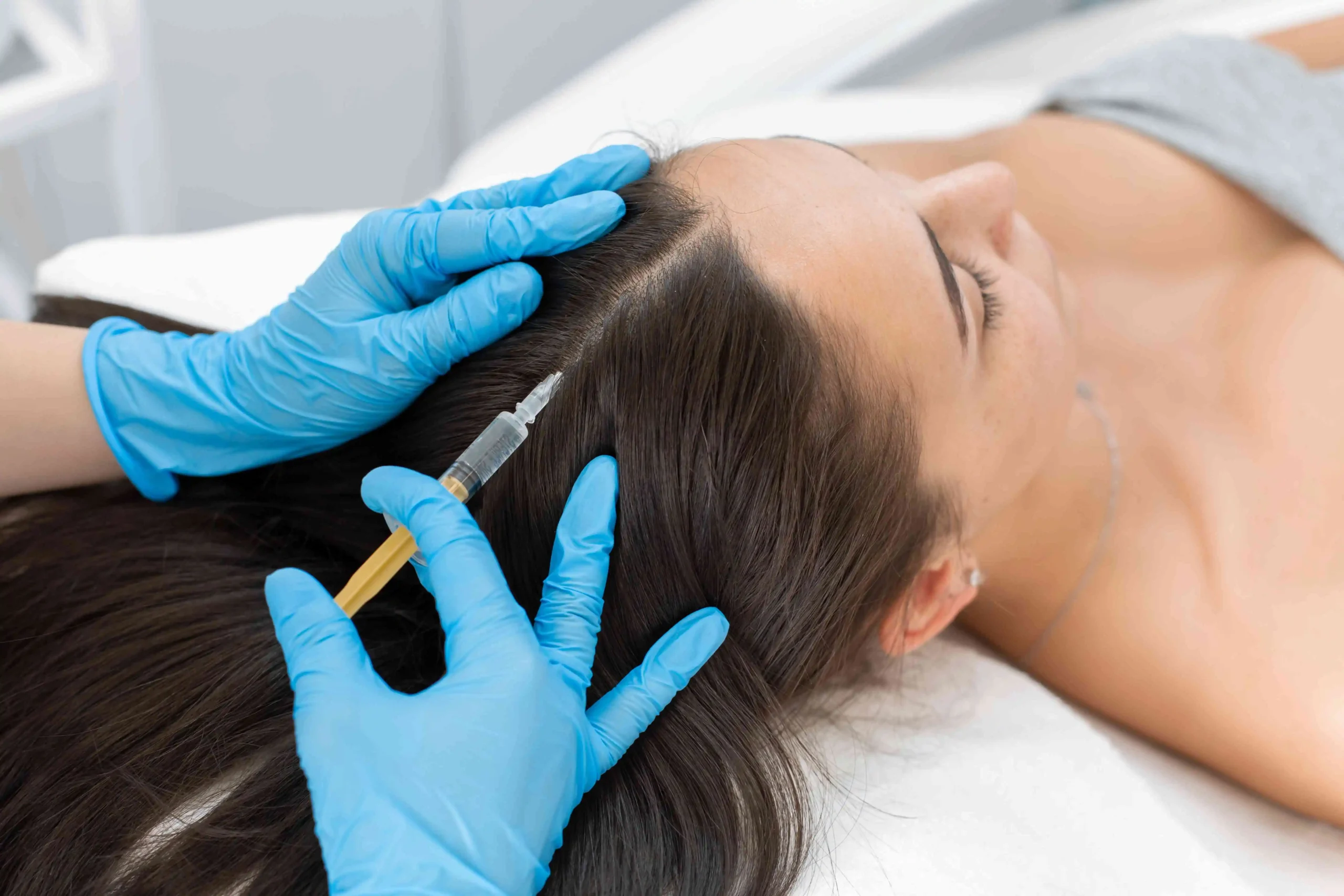Table of Contents
- Introduction: Understanding Your Hormone Life Cycle
- The Phases of the Hormone Life Cycle
- How Hormones Affect Your Health
- Managing Hormonal Imbalances
- How The Re/ Clinic Can Help
- Conclusion: Embrace Your Hormone Journey
1. Introduction: Understanding Your Hormone Life Cycle
Your hormone life cycle plays a crucial role in shaping your overall health and well-being. Hormones are chemical messengers that regulate vital processes like metabolism, mood, reproductive health, and energy levels. From puberty to menopause, these hormonal shifts influence everything from your skin to your emotions, often in ways you might not expect. At The Re/ Clinic in Sandy, UT, we’re dedicated to helping you understand your hormonal journey and how to manage it for optimal health.2. The Phases of the Hormone Life Cycle
2.1. Childhood & Puberty
Hormones begin their active role in childhood, with puberty marking a significant shift. During puberty, the body starts producing increased amounts of sex hormones, such as estrogen and testosterone, leading to physical and emotional changes. This phase typically starts between the ages of 8 and 13 for girls and 9 to 14 for boys.- Key hormones: Estrogen, testosterone, growth hormone
- Changes: Growth spurts, sexual maturation, emotional shifts
2.2. Reproductive Years
During your 20s and 30s, hormones remain relatively balanced, supporting reproductive health, metabolism, and energy levels. This is the period when your menstrual cycle is most regular, and your body is prepared for pregnancy.- Key hormones: Estrogen, progesterone, follicle-stimulating hormone (FSH), luteinizing hormone (LH)
- Changes: Menstrual cycle, fertility, mood swings
2.3. Perimenopause
Perimenopause, typically occurring in your late 30s to early 40s, marks the transition toward menopause. Hormone production begins to fluctuate, leading to symptoms like irregular periods, hot flashes, sleep disturbances, and mood swings.- Key hormones: Estrogen, progesterone, testosterone
- Changes: Irregular periods, decreased fertility, onset of menopause symptoms
2.4. Menopause
Menopause officially begins when a woman has gone 12 consecutive months without a period. During this phase, estrogen levels drop significantly, and you may experience symptoms like vaginal dryness, hot flashes, and mood changes.- Key hormones: Estrogen, progesterone
- Changes: Cessation of menstruation, reduced fertility, increased risk of osteoporosis
3. How Hormones Affect Your Health
Hormones are integral to almost every function in your body. They influence:- Mood & Mental Health: Imbalances can lead to anxiety, depression, or irritability.
- Metabolism: Hormones regulate fat storage, muscle mass, and energy levels.
- Skin: Hormonal changes can cause acne, dryness, or aging signs.
- Sleep: Hormones like melatonin affect your sleep cycles.
Understanding your hormone cycle helps you identify potential issues and manage them effectively.
4. Managing Hormonal Imbalances
Hormonal imbalances can occur at any stage of life and may result in symptoms like fatigue, weight gain, or changes in mood. At The Re/ Clinic, we offer personalized hormone therapy to help restore balance, including:- Bioidentical hormone replacement therapy (BHRT): To address symptoms of perimenopause or menopause.
- Testosterone therapy: For both men and women experiencing hormonal decline.
- Thyroid management: To address metabolism issues linked to thyroid hormone imbalances.
We also recommend lifestyle changes like a balanced diet, regular exercise, and stress management to support hormone health.






